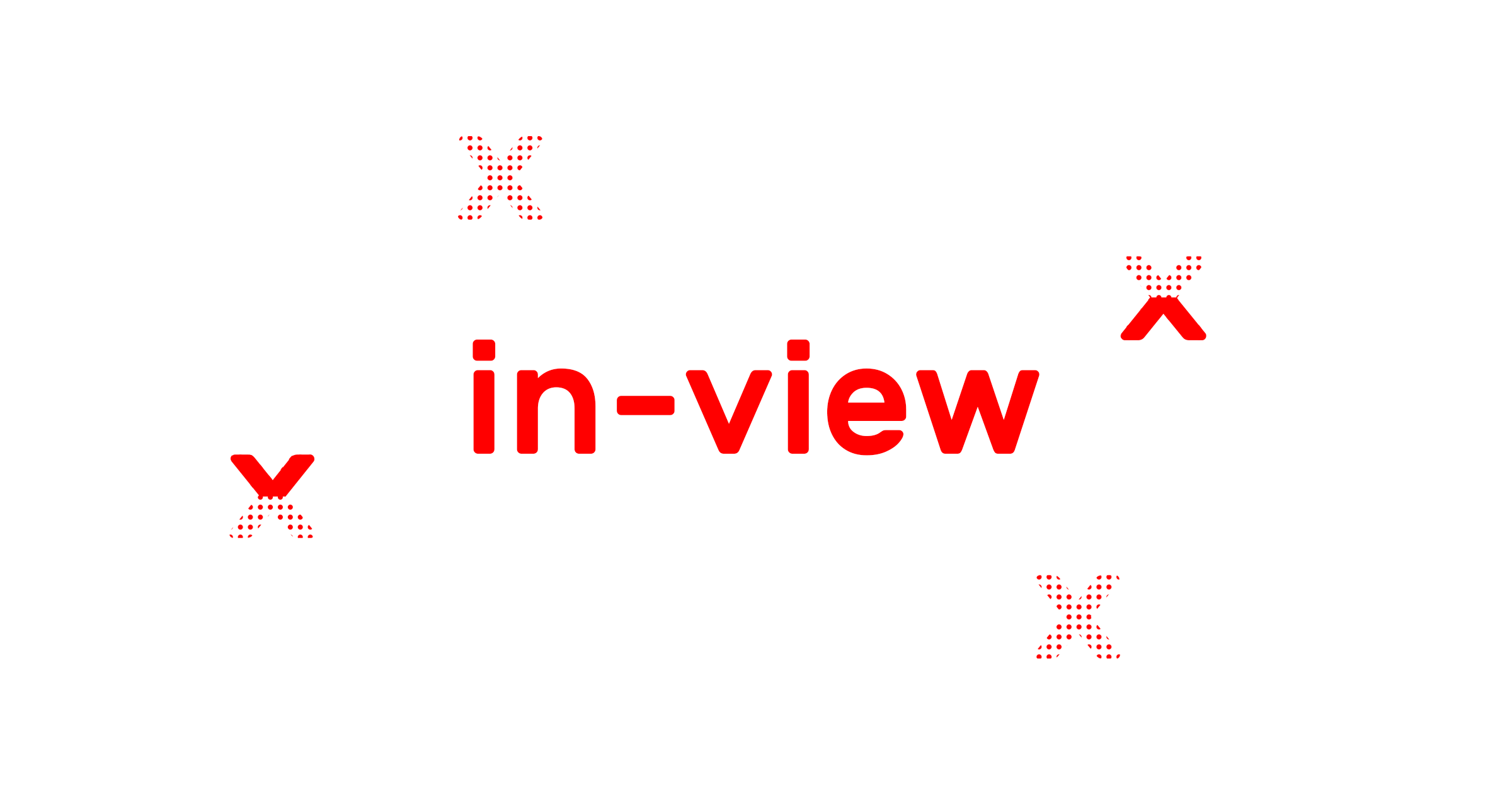in-view.js :eyes:
Get notified when a DOM element enters or exits the viewport. A small (~1.9kb gzipped), dependency-free, javascript utility for IE9+.
camwiegert.github.io/in-view



Installation
Either download the latest release and include it in your markup or install with npm:
npm install --save in-view
Basic Usage
With in-view, you can register handlers that are called when an element enters or exits the viewport. Each handler receives one element, the one entering or exiting the viewport, as its only argument.
inView('.someSelector')
.on('enter', doSomething)
.on('exit', el => {
el.style.opacity = 0.5;
});
API
in-view maintains a separate handler registry for each set of elements captured with inView(<selector>). Each registry exposes the same four methods. in-view also exposes four top-level methods. (is, offset, threshold, test).
inView(<selector>).on(<event>, <handler>)
Register a handler to the elements selected by selector for event. The only events in-view emits are 'enter' and 'exit'.
inView('.someSelector').on('enter', doSomething);
inView(<selector>).once(<event>, <handler>)
Register a handler to the elements selected by selector for event. Handlers registered with once will only be called once.
inView('.someSelector').once('enter', doSomething);
inView.is(<element>)
Check if element is in the viewport.
inView.is(document.querySelector('.someSelector'));
inView.offset(<offset>)
By default, in-view considers something in viewport if it breaks any edge of the viewport. This can be used to set an offset from that edge. For example, an offset of 100 will consider elements in viewport if they break any edge of the viewport by at least 100 pixels. offset can be a positive or negative integer.
inView.offset(100);
inView.offset(-50);
Offset can also be set per-direction by passing an object.
inView.offset({
top: 100,
right: 75,
bottom: 50,
left: 25
});
inView.threshold(<threshold>)
Set the ratio of an element's height and width that needs to be visible for it to be considered in viewport. This defaults to 0, meaning any amount. A threshold of 0.5 or 1 will require that half or all, respectively, of an element's height and width need to be visible. threshold must be a number between 0 and 1.
inView.threshold(0);
inView.threshold(0.5);
inView.threshold(1);
inView.test(<test>)
Override in-view's default visibility criteria with a custom function. This function will receive the element and the options object as its only two arguments. Return true when an element should be considered visible and false otherwise.
inView.test((el, options) => {
});
inView(<selector>).check()
Manually check the status of the elements selected by selector. By default, all registries are checked on window's scroll, resize, and load events.
inView('.someSelector').check();
inView(<selector>).emit(<event>, <element>)
Manually emit event for any single element.
inView('.someSelector').emit('exit', document.querySelectorAll('.someSelector')[0]);
Browser Support
in-view supports all modern browsers and IE9+.
As a small caveat, in-view utilizes MutationObserver to check the visibility of registered elements after a DOM mutation. If that's functionality you need in IE9-10, consider using a polyfill.
Performance
Any library that watches scroll events runs the risk of degrading page performance. To mitigate this, currently, in-view only registers a single, throttled (maximum once every 100ms) event listener on each of window's load, resize, and scroll events and uses those to run a check on each registry.
Utilizing IntersectionObserver
There's an emerging browser API, IntersectionObserver, that aims to provide developers with a performant way to check the visibility of DOM elements. Going forward, in-view will aim to delegate to IntersectionObserver when it's supported, falling back to polling only when necessary.
License MIT





